
What do you do when 250 of the UK’s most innovative, early-stage challenger brands get in a room together?
At our recent Startup Summit for emerging fmcg brands, we decided to grill them on what their biggest challenges and fears were. The results were both illuminating and damning.
The survey, organised by Bread & Jam and law firm Joelson, first homed in on whether the state of the economy was a big concern for startups. For many, it was – 50% thought the current poor economy would have an impact on their business.
For entrepreneurs, a slow economy isn’t just about trade, but also the investment landscape. Investors will be increasingly reluctant to part with cash, which has been the rocket fuel of the challenger brand world.
So it’s no surprise only 37% of our startups were confident they could raise investment. Among this cohort, there was a gap between male entrepreneurs and female entrepreneurs – 40% of the former were confident they’d be able to secure funds, compared to 34% of the latter. Meanwhile, just 25% of under-represented groups felt confident.
But these were by no means the top concerns for startups. ‘Getting in front of buyers’ and ‘getting a listing’ were by far the biggest issues. Over 81% of surveyed entrepreneurs said it was hard to contact and pitch to buyers, and nearly two-thirds of them didn’t think supermarkets wanted to work with emerging brands. Ouch.
To be fair, this does fly in the face of what we see the supermarkets doing. You can’t move for incubator and accelerator schemes at the moment – Ocado, for example, has a new team tasked with making them the go-to supermarket for innovation. Oliver Chadwyck-Healey is looking to launch a similar program at Waitrose, there’s a new team and energy behind Tesco’s accelerator programme, and Co-op is well into the third cohort of its successful Apiary programme.
While some supermarkets might be patting themselves on the back, our survey shows these efforts aren’t cutting through with the challenger brand community. There is still a lot of distrust and disillusion which, in my opinion, is primarily down to the lack of transparency and poor communication during the sell-in stage.
Finding and contacting the right buyer turns the entrepreneur into a LinkedIn stalker, emails go into the ether, unanswered, conversations end up ghosted, and buyers seem to move as soon as you build a rapport. This is the experience of the startup entrepreneur. On the other hand, I know it’s not any more pleasant for the buyer.
Finding new suppliers is just one tiny fraction of their day-to-day job, yet they are swamped by enquiries. I know one buyer who burnt out and packed it all in, in large part due to the 600 emails she received every single day. Another buyer told me he didn’t want to reply to supplier enquiries saying he wasn’t interested, as it would lead to 10 more emails from them saying he was wrong.
A platform that tackles this friction point is RangeMe. Here suppliers can add their details, product specs and commercials for buyers to peruse at their leisure. Unfortunately, the take-up amongst retailers and individual buyers seems inconsistent – some buyers insist new suppliers use it, while others are not interested. Let’s hope this changes.
Alternatively, meet-the-buyer events offer another neutral space for buyers and suppliers to mingle. In fact, 40% of our survey participants said they were the best way to meet buyers, followed by trade shows (cited by 30%).
However emerging brands choose to meet buyers, what is clear is that they are desperate for more meaningful interactions, and for the rules of conduct to be readily available and transparent.







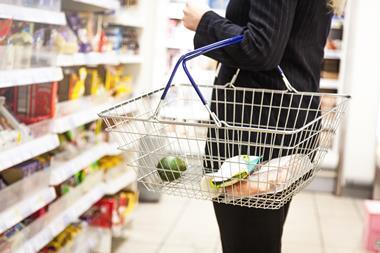
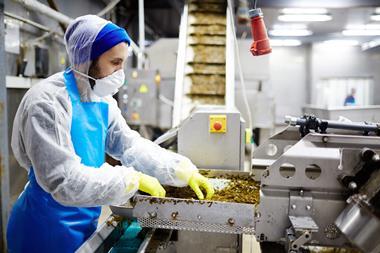
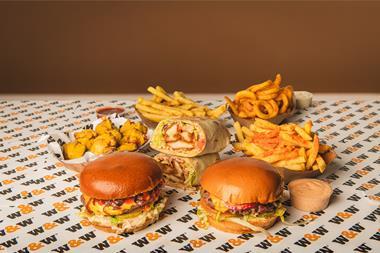


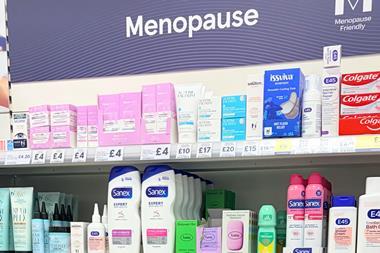



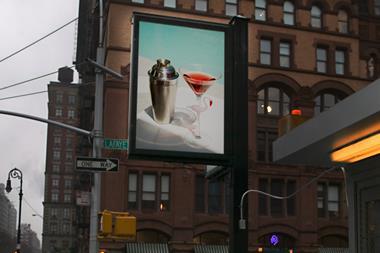
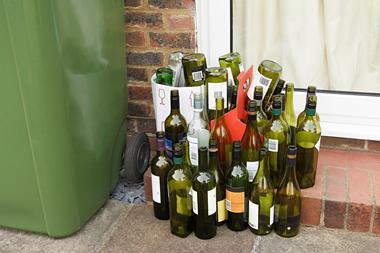
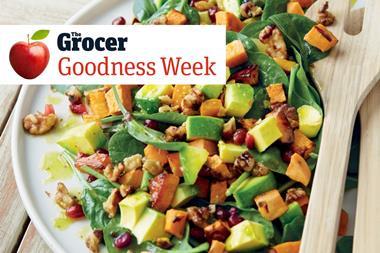
No comments yet